World Artists and their Story, 13 - Urmo Raus
World Artists and their Story, 13 – Urmo Raus
I saw works by Urmo Raus in the embassy of Estonia, large canvasses with Japanese flowers. “He lives in The Hague,” said Peep Jahilo, the ambassador. Some time later I am sitting on the terrace of the Brasserie Meys in the Statenkwartier with Urmo Raus to talk about his work.
Urmo Raus makes paintings, glass design and photography. Apart from that he runs for six years the design firm Studio Raus. That company, operating throughout Europe, has a solid team of employees in Italy, France and Estonia. Material suppliers come form various countries, up to New Zealand. The design-work enables Raus to carry out his artistic work.
Paris
He started at the Art Academy in Tallinn, Urmo says. “We used natural pigments. We learned figurative painting with oils. I studied there for two years until 1991. That year, when the Soviet occupation ended and Estonia was once again an independent state, I went to Paris to study art. I had to start from scratch completely.”
There a mental change took place. Urmo no longer wanted to make figurative work, he also stopped oil. “I developed a natural look” he says. It wasn’t the worst training, the École nationale supérieure des Beaux-Arts, thé art education in France. “Previously it was called the École Imperial. Delacroix, Degas and Rodin were students.”
There was also a beautiful library with original books and creations of famous students. Apart from lectures on art, including monumental painting, he also attended lectures on architecture. And photography he also learned. How did he arrange that? “I had no money and a Soviet passport. I took an overnight job in a monastery as a nightwatchman. I worked there three / four years. That happened blind eye, because officially it was not allowed.”
Light and shadow
He doesn’t have a central theme. “But there is a central process. In the creative process, I’m interested in the liberating and revealing side of it. In this process, shapes and landscapes appear. They are not designed, but they appear in the work process. Being creative is in itself the goal.”
“An example. I painted on the back of the canvas and then I turned the canvas around. Experimenting in this way I create new shapes and landscapes. The canvas is a screen or a filter in which I try to ‘catch’ the revelations of the creative process. One of the things that interests me here is the ‘light and shadow problem’.”
“Revelation is there also. Both in a realistic and a non-realistic way. Compare it to the Cave of Plato. The theme of transparency and lack of transparency, light and shade also goes for the graphics. These elements I use in all my work: glass design, graphic work and in my paintings.”
Glass
As far as painting is concerned, you can work from different concepts. “The Eastern concept, which is based on the open space, and the Western, in which you start with a framework, usually a square or rectangle. I prefer the first.”
In his works and his design Raus works a lot with glass. “Estonia has had a large glass industry which is now gone. I was so happy tp experience the final phase. I’ve picked up a few things, and, by experimenting, I’ve made it personal.”
Lille
How did Urmo end up in The Hague? “My wife has the Dutch nationality. She also comes from Estonia, but she studied in Leiden and Rotterdam. Then she got a job offer and it was easier that she was Dutch, so she changed her nationality. For some time she worked for Shell, now she has her own business in building components.”
Urmo also has his own company. “I’m glad that I can work independently.” In Bordeaux he has decorated the interior and the façade for the École de communication visuelle, in Lille the Graphèmes office opposite the Gothic St. Maurice Church. The light from the windows he designed mirrors in a beautiful way in the windows of the church. And he was busy with the decor of the reception area of a school in Paris, which will be ready right now.
And after that he went for two months to Estonia, where he has a country house in which he works as well. There he painted and showed the works at an exhibition in Estonia. His last major exhibition was in Groningen, at ther Gasunie company, in 2009. “There was also a conference on my work for hundreds of people. My work is also included in the Gasunie Collection.”
The sea
He has good words for The Netherlands. “The urbanization here succeeded here very well. Urban and rural areas are well mixed. There is no major opposition like in France or the UK. There is a human scale. The landscape architects here are very good.”
And then there is the elegant graphic design, that you see everywhere, even in the lettering of cars. “That’s probably because of Calvinism. The Dutch are people of the word, different from the Spaniards and the French, who are people of the image. You see it all change already at the Belgian border.”
Urmo is glad he lives in The Hague. “A peaceful town, almost a village. With a good international community.” The two children are at the international school. They speak Estonian (at home), English, French and Dutch. “And then there is the sea, which is an opening, spiritually.”
www.studioraus.com
http://ifthenisnow.eu/nl/verhalen/de-wereld-van-de-haagse-kunstenaar-27-urmo-raus
Disclaimer: The views, opinions and positions expressed within this guest article are those of the author Walter van Teeffelen alone and do not represent those of the Marbella Marbella website. The accuracy, completeness and validity of any statements made within this article are not guaranteed. We accept no liability for any errors, omissions or representations. The copyright of this content belongs to Walter van Teeffelen and any liability with regards to infringement of intellectual property rights remains with the author.

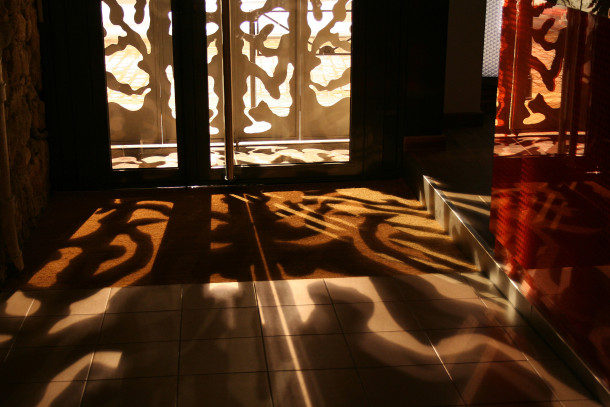
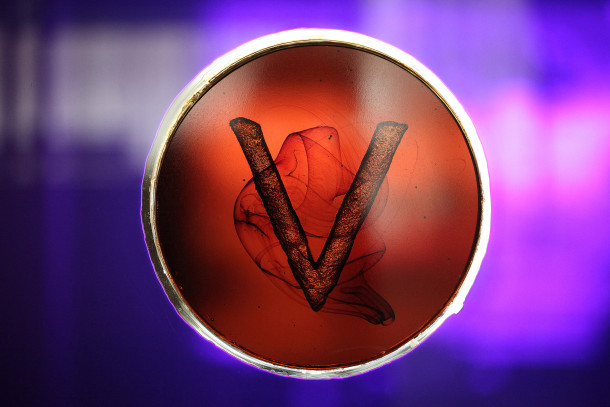
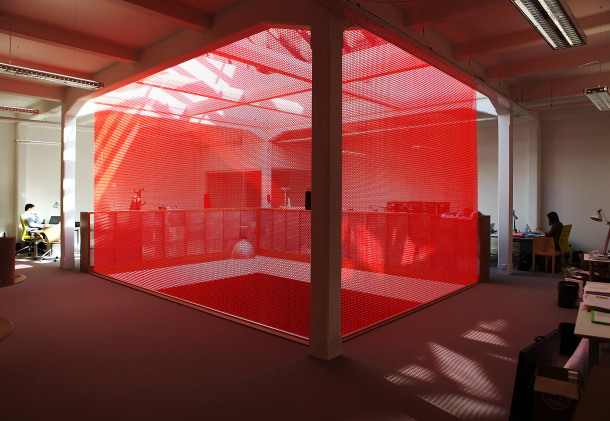
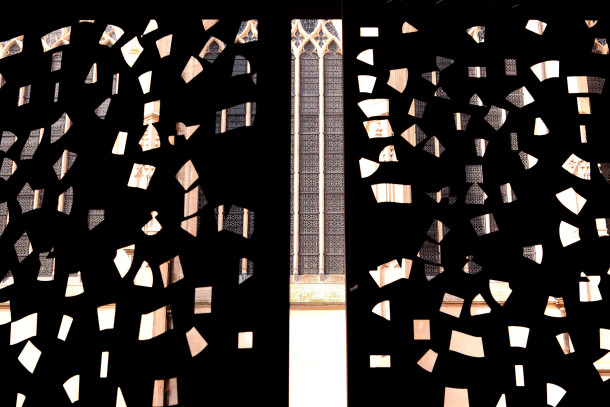
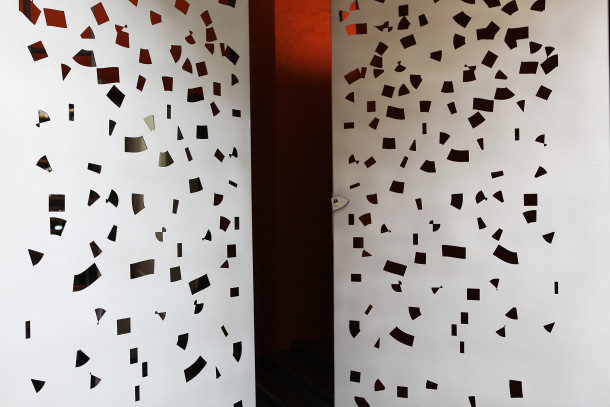
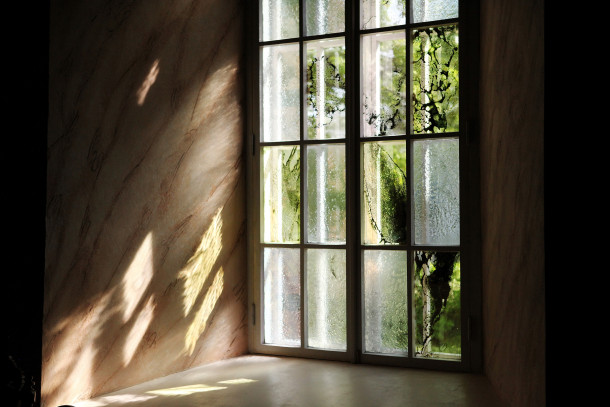
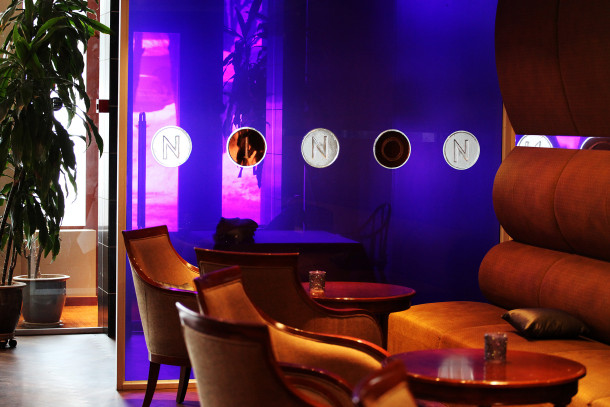
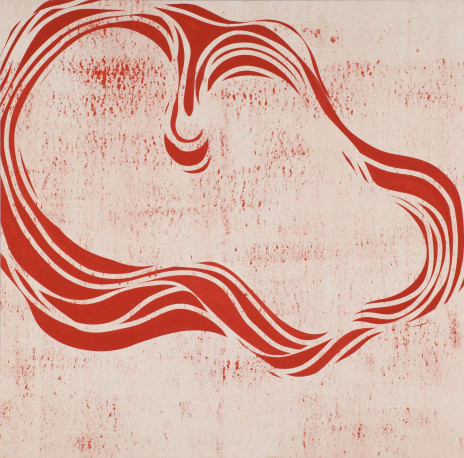
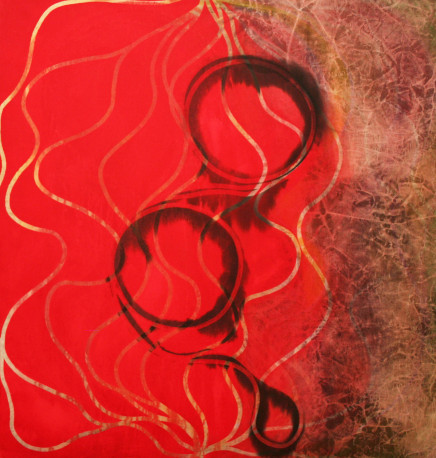
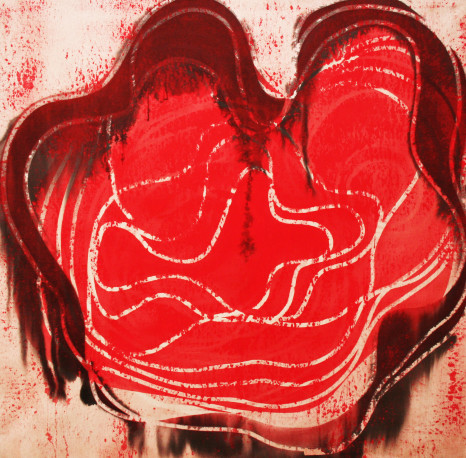
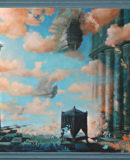










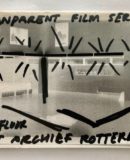


The opinions expressed by individual commentators and contributors do not necessarily constitute this website's position on the particular topic.